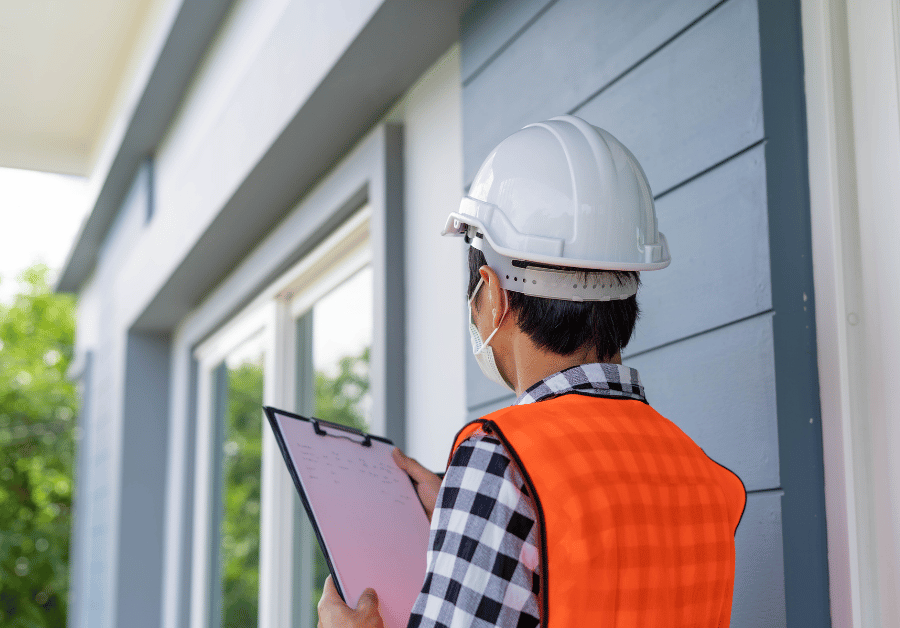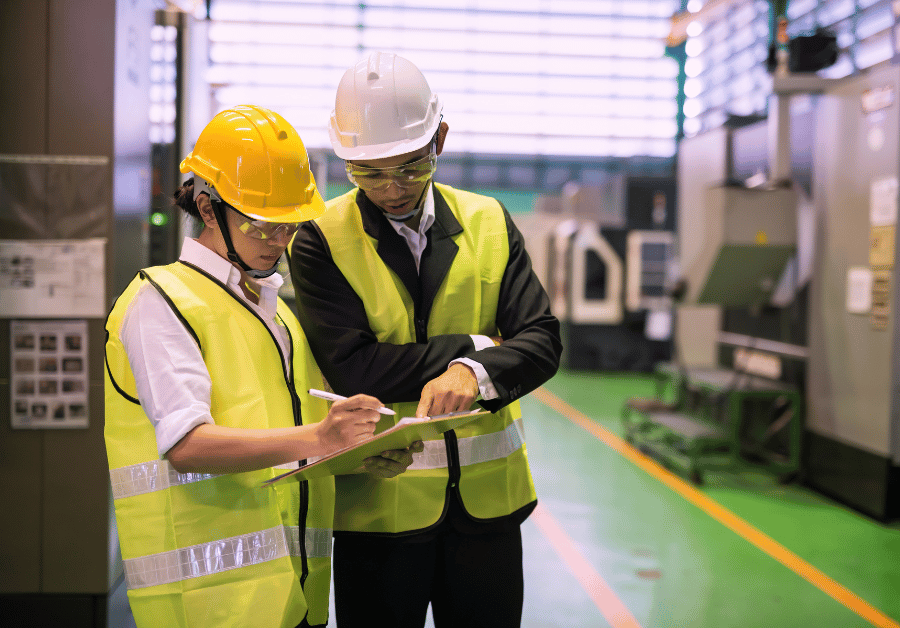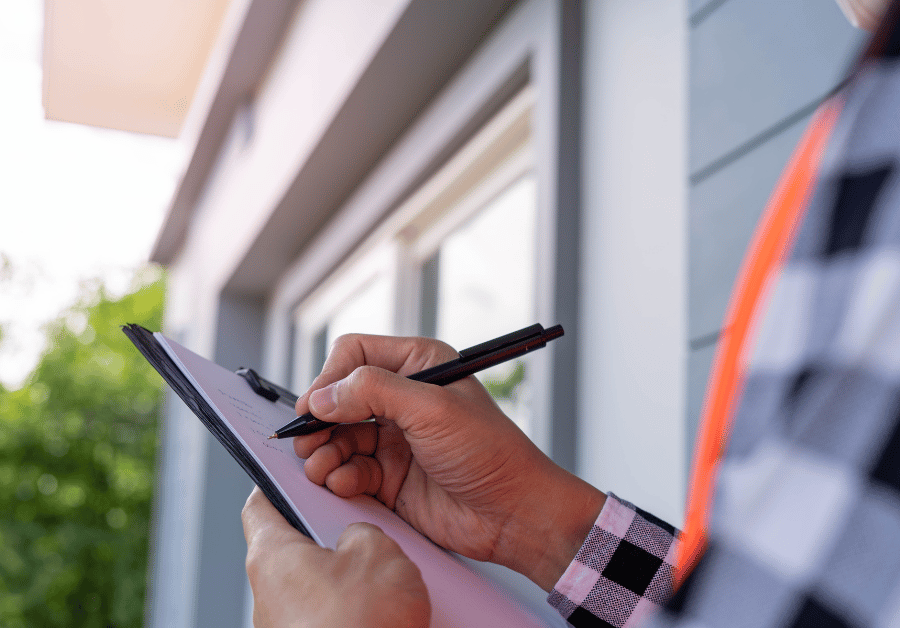Find an Energy Auditor in Adelaide: Your Guide to a More Efficient Home
Are you looking to reduce your energy bills and make your Adelaide home more environmentally friendly? An energy auditor can help! In this comprehensive guide, we'll explore what an energy audit is, why it's beneficial for Australian homes (especially in cities like Sydney, Melbourne, Perth, and Brisbane), and how to find a qualified energy auditor near you. We'll also delve into the process itself, covering everything from DIY options to professional assessments, ensuring you're equipped to make informed decisions about your home energy consumption.
What is an Energy Audit and Why Do You Need One?

An energy audit, also known as a home energy audit or a home energy assessment, is a thorough evaluation of your home's energy use. It's designed to identify areas where energy is being wasted and to suggest improvements that can increase energy efficiency, reduce your energy bills, and lower your carbon footprint. Think of it as a health check-up for your home's energy performance.
Here's why an energy audit is beneficial:
- Reduced Energy Bills: By identifying and addressing areas of energy waste, you can significantly lower your electricity and gas bills.
- Improved Home Comfort: Many energy efficiency improvements, such as better insulation, can also make your home more comfortable year-round.
- Increased Home Value: An energy-efficient home is more attractive to potential buyers.
- Environmental Benefits: Reducing your energy use helps lower your carbon footprint and contributes to a more sustainable future.
- Identify areas of potential energy savings.
According to the Australian Department of Climate Change, Energy, the Environment and Water, Australian households can save hundreds, even thousands, of dollars per year by implementing energy efficiency measures identified through an energy audit.
DIY Home Energy Audit vs. Professional Energy Auditor
You have two main options when it comes to conducting an energy audit: a DIY approach or hiring a professional energy auditor. Both have their pros and cons.
DIY Home Energy Audit
A DIY home energy audit involves assessing your home energy performance yourself. This can be a good starting point for understanding your energy use and identifying some obvious areas for improvement. There are many free online training resources available, such as those offered by Schneider Electric's Energy University, and guides provided by EnergyAustralia and energygovau.
Pros:
- Cost-Effective: A DIY audit is essentially free (aside from the time you invest).
- Educational: It can help you become more aware of your energy use habits.
Cons:
- Limited Scope: A DIY audit may not identify all areas of energy waste, especially those that require specialized equipment or expertise.
- Less Accurate: Your assessment may not be as accurate as a professional audit.
- May Miss Hidden Issues: It can be difficult to detect issues like thermal bridging or air leaks without specialized tools.
To conduct a DIY audit your home, consider these steps:
- Review Your Energy Bills: Analyse your electricity and gas bills over the past year to identify trends and areas of high energy use. Look for seasonal changes in daily usage. A strong indication of inefficient home energy is when your electricity bill reports a greater kwh than average.
- Inspect Insulation: Check the insulation in your attic, walls, and floors. Ensure it's in good condition and meets recommended R-values.
- Seal Air Leaks: Identify and seal air leaks around windows, doors, and other openings. Use weather stripping, caulk, or expanding foam.
- Check Appliances: Inspect your appliances, including your refrigerator, washing machine, and dryer, to ensure they are energy efficient and in good working order.
- Lighting Assessment: Replace incandescent light bulbs with LEDs. LEDs use significantly less energy and last much longer.
Professional Energy Auditor
Hiring a professional energy auditor provides a more comprehensive and accurate assessment of your home energy performance. A qualified energy auditor will use specialized equipment, such as thermal imaging cameras and blower door tests, to identify areas of energy waste that you might miss with a DIY approach. This is especially important for homes in Adelaide, Melbourne, and other cities with diverse climates.
Pros:
- Comprehensive Assessment: A professional energy audit provides a thorough evaluation of your home's energy performance.
- Accurate Results: Specialized equipment and expertise ensure accurate identification of energy waste areas.
- Detailed Recommendations: You'll receive a detailed report with specific recommendations for improvement.
- Potential Rebates and Incentives: In some cases, a professional energy audit may qualify you for rebates or incentives from the government or energy providers.
Cons:
- Cost: A professional energy audit can cost several hundred dollars.
- Finding a Qualified Auditor: It's essential to find an auditor with the right qualifications and experience.
What Does a Professional Energy Audit Involve?

A professional energy audit typically involves the following steps:
- Initial Consultation: The energy auditor will discuss your concerns and goals, and gather information about your home's construction, appliances, and energy use habits.
- Visual Inspection: The auditor will conduct a visual inspection of your home, looking for areas of potential energy waste, such as air leaks, poor insulation, and inefficient appliances.
- Diagnostic Testing: The auditor may use specialized equipment, such as a blower door test to measure air leakage and a thermal imaging camera to identify areas of heat loss or gain.
- Data Analysis: The auditor will analyse the data collected during the visual inspection and diagnostic testing to identify areas where energy is being wasted.
- Report and Recommendations: You'll receive a detailed report outlining the findings of the energy audit and providing specific recommendations for improvement. The report will typically include cost estimates, potential energy savings, and payback periods for each recommendation.
Finding a Qualified Energy Auditor in Adelaide (and Beyond)

Finding a qualified energy auditor is crucial to ensuring you receive an accurate and reliable assessment. Here are some tips for find an auditor in Adelaide, Sydney, Melbourne, Perth, Brisbane, and Hobart:
- Check Certifications: Look for energy auditors who are certified by a reputable organization, such as the Residential Energy Assessment Scheme (REES) in South Australia or the Nationwide House Energy Rating Scheme (NatHERS).
- Ask for References: Request references from previous clients and check online reviews.
- Verify Insurance: Ensure the energy auditor has adequate insurance coverage.
- Compare Quotes: Get quotes from several energy auditors and compare their services and prices.
- Inquire About Experience: Choose an energy auditor with extensive experience in conducting home energy audits in your local area.
You can also check with the Clean Energy Regulator for a list of accredited assessors. Keep in mind that the energy regulator may register assessors of greenhouse and energy.
Understanding Energy Efficiency Standards in Australia
Australia has strict energy efficiency standards for new homes and appliances. The Building Code of Australia (BCA) sets minimum energy efficiency requirements for new homes, while the Equipment Energy Efficiency (E3) program regulates the energy performance of appliances.
When making energy efficiency improvements to your home, it's essential to comply with these standards. An energy auditor can help you understand the requirements and ensure your improvements meet the necessary criteria.
Cost of an Energy Audit in Australia
The cost of an energy audit in Australia can vary depending on the size and complexity of your home, as well as the location and experience of the energy auditor. Generally, you can expect to pay between $300 and $800 for a comprehensive home energy audit.
While the cost may seem significant, remember that the potential energy savings can quickly offset the investment. Plus, many energy providers offer rebates or incentives to help cover the cost of an energy audit.
What Improvements Can I Make After an Energy Audit?

The recommendations you receive after an energy audit will vary depending on the specific issues identified in your home. However, some common energy efficiency improvements include:
- Insulation Upgrades: Adding or improving insulation in your attic, walls, and floors can significantly reduce heat loss in winter and heat gain in summer.
- Air Sealing: Sealing air leaks around windows, doors, and other openings can prevent drafts and reduce energy waste.
- Window Upgrades: Replacing old, inefficient windows with double-glazed or low-E windows can improve energy efficiency and reduce noise.
- Appliance Upgrades: Replacing old, inefficient appliances with energy-efficient models can save you money and reduce your carbon footprint.
- Lighting Upgrades: Switching to LED lighting can significantly reduce your energy use and save you money on your electricity bill.
- Solar Panel Installation: Installing solar panels can generate your own clean energy and reduce your reliance on the grid.
Energy Auditor Jobs and Career Pathways in Australia
The demand for qualified energy auditors is growing in Australia as more homeowners and businesses seek to improve their energy efficiency. If you're interested in a career as an energy auditor, there are several pathways you can take.
One option is to complete a vocational education and training (VET) course in energy assessment or building sustainability. Another option is to pursue a university degree in engineering, architecture, or environmental science. There are many auditor jobs and work available for flexible, holiday and uni students. It's an ideal field for electricians and industry experts.
Many free online training courses are also available to help you develop the skills and knowledge needed to become a successful energy auditor. The auditor pathway to certification requires demonstrating relevant competencies.
Conclusion: Take Control of Your Home Energy Use Today!
An energy audit is a valuable investment for any Australian homeowner looking to reduce their energy bills, improve their home comfort, and lower their carbon footprint. Whether you choose a DIY approach or hire a professional energy auditor, taking the time to assess your home energy performance is a step in the right direction.
So, if you're ready to take control of your home energy use, start by exploring your options for an energy audit today. You might be surprised at how much money and energy you can save!
Ready to find a trusted local professional for your energy audit? Visit Get 3 Quote today to get matched with qualified energy auditors in your area!
